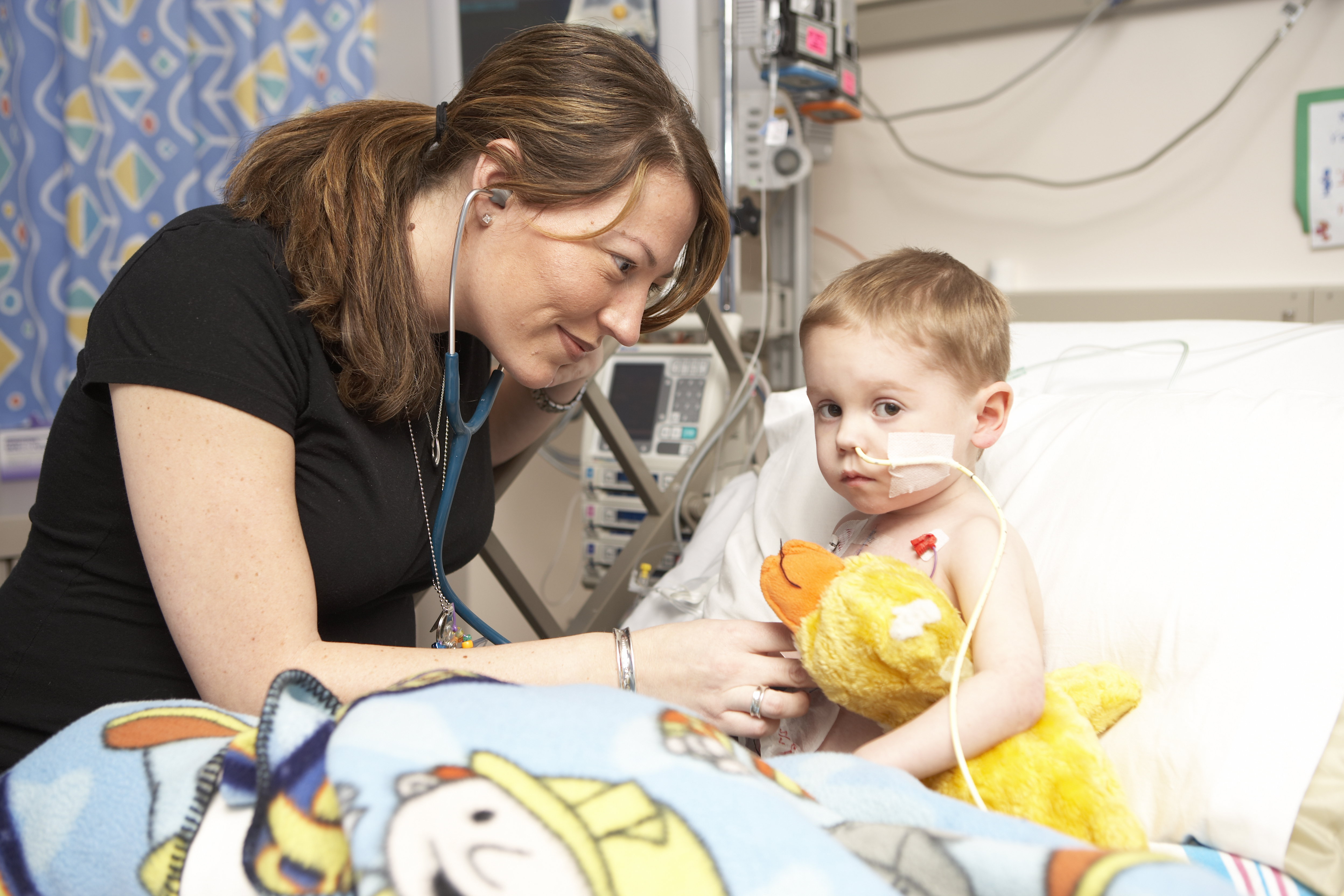What is the California Children's Services (CCS) Program?
The California Children's Services (CCS) Program provides diagnosis, treatment, and medical case management to approximately 207,000 children under the age of 21 who have complex and/or life-threatening health care conditions and who (1) are enrolled in Medi-Cal, (2) are low-income, or (3) have catastrophic medical care costs that would exceed 20 percent of their family's adjusted gross income. The program, established in 1927, serves the state's most medically fragile pediatric population, including children with conditions like cancer, sickle cell disease, cystic fibrosis, severe burns, and congenital heart disease. The program also sets quality standards for pediatric specialty care in California, including standards for children’s hospitals, pediatric units in other hospitals, and pediatric subspecialists. These standards serve to benefit all children in California.
What Makes CCS Unique?
The program provides unique benefits to ensure that medically complex children obtain the care that they need. Among other things, the CCS Program:
- Covers Vital Health Care Services. CCS eligible children have complex medical needs that can be costly and difficult to coordinate. The CCS Program can pay for doctors' visits, hospital stays, surgery, physical and occupational therapy, lab tests and x-rays, and orthopedic appliances and medical equipment (e.g., wheelchairs). It provides coverage for families who are unable to pay for part or all their child's medical treatment.
- Provides Access to Specialized Treatment. CCS has established Special Care Centers that treat specific pediatric conditions holistically. For example, endocrine special care centers provide comprehensive care for children with diabetes and pulmonary special care centers provide comprehensive care for children with cystic fibrosis and other lung diseases. Each center uses a team of specialists, such as doctors, social workers, nurses, therapists, and nutritionists. Children receive ongoing, coordinated care through the center and are evaluated at least annually to measure progress.
- Includes High-Quality Case Management. CCS nurse case managers work with families to help them manage the complexities of caring for their children, sometimes working with children from birth to their 21st birthday.
- Sets Medical Standards to Ensure High Quality Care. CCS providers, clinics, and hospitals are carefully screened and extensively credentialed to protect quality and ensure access to appropriate care. CCS matches children with the pediatric provider who is trained to meet their specific needs.
- Provides Support Services to Help Children and Families. CCS provides families with transportation and linkages to critical assistance like social services to help families with food or housing needs.
- Provides Rehabilitative Services. CCS provides specialized physical and occupational therapy services to children with physically handicapping conditions, like cerebral palsy, primarily through CCS Medical Therapy Units (MTUs) in schools.
- Is a Responsible Steward of the State’s Resources. The CCS Program covers services when a family lacks other sources of insurance for the medically necessary care that their child requires. It is a payer of last resort. Knowledgeable program staff review the treatment needs for every child to ensure that the care is necessary and appropriate.
How Much Does CCS Cost?
According to the Department of Health Care Services, the total cost of the CCS Program in 2021 was $1.96 billion, of which about half was funded by the federal government.
